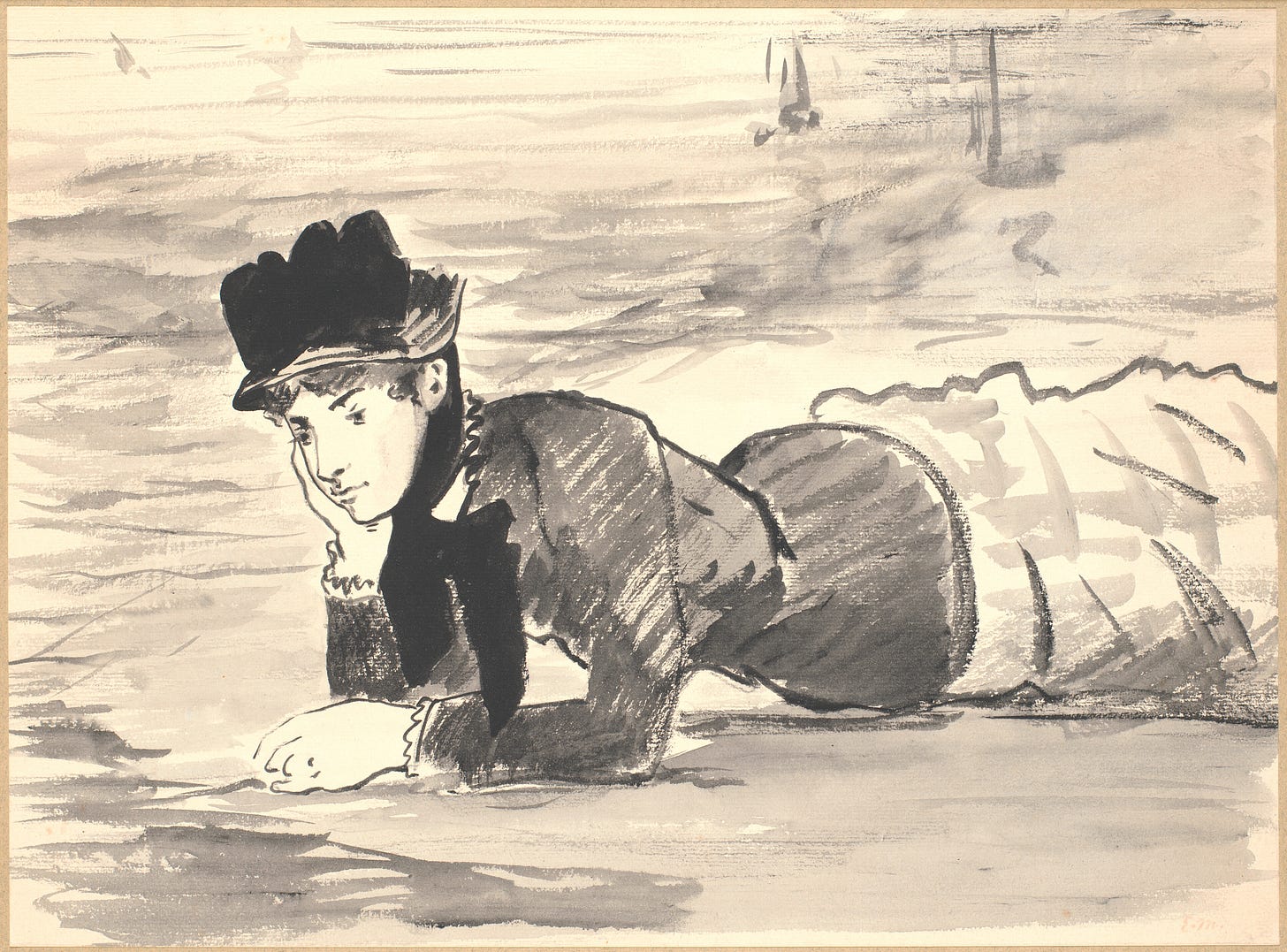Today’s Poem: Soul Bride Oddly Dead in Queer Death Pact
Franklin P. Adams’s newspaper crime-blotter recasting of Edgar Allan Poe

In Something Else Again, a 1920 collection of his magazine and newspaper work, Franklin P. Adams (1881–1960) gave us “Annabel Lee,” the 1849 poem by Edgar Allan Poe (1809–1849) — as retold in the insinuating voice of crime reporting in the New York tabloids of the time:
Keep reading with a 7-day free trial
Subscribe to Poems Ancient and Modern to keep reading this post and get 7 days of free access to the full post archives.



